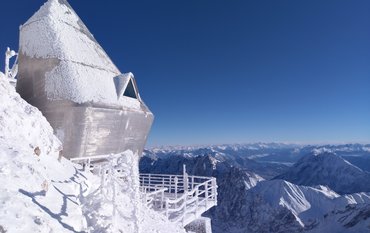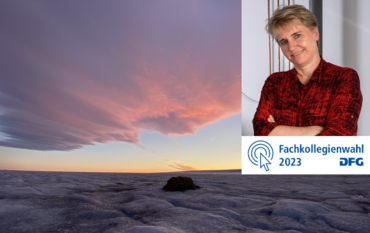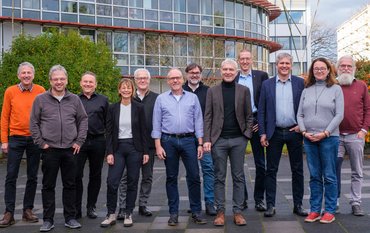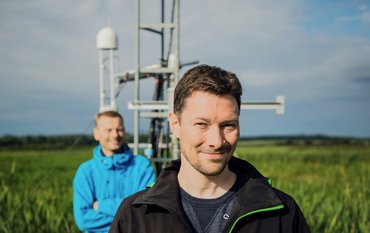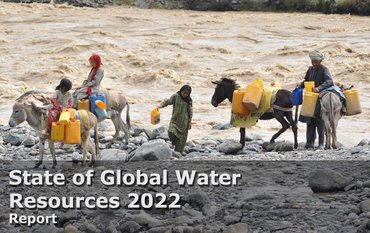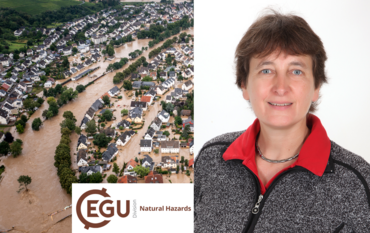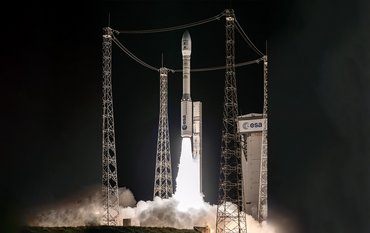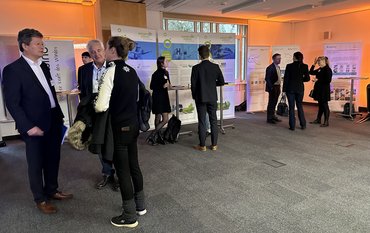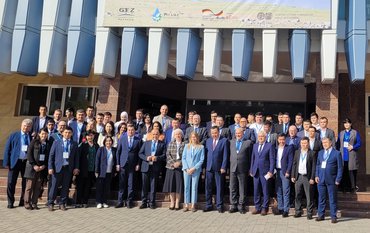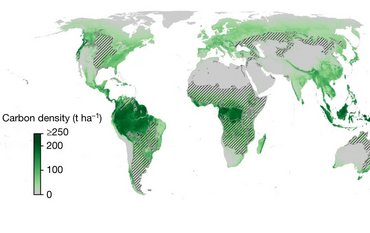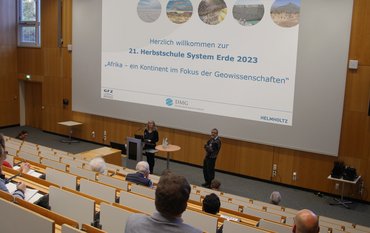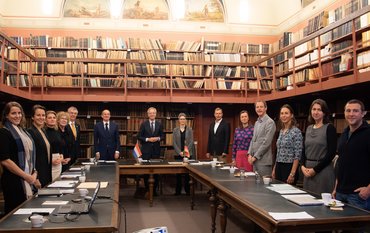May 11-13, 2015 the 8th International Workshop on GNSS reflectometry will be held at the German Research Centre for Geosciences GFZ in Potsdam. About 100 of the leading experts and young scientists in the field will participate.
The goal of the workshop is to stimulate the international scientific exchange and to further trigger the development of GNSS reflectometry as a powerful remote sensing tool at various spatial and temporal scales.
GNSS reflectometry (GNSS-R) is new and very promising remote sensing technique. It is based on the use of L-Band GNSS and other opportunity signals, reflected from water, ice, and land surfaces to derive properties of these surfaces. GNSS-R was already proposed in the early nineties and is currently in focus of international innovative geoscientific research to reach the status of a well-established remote sensing technique with a broad spectrum of Earth Observation applications.
GNSS-R is applied from ground, flight and satellite platforms. A major focus is ocean remote sensing to measure sea surface height and surface roughness, which can be correlated with wave heights and wind velocity and direction. Examples for additional applications are the altimetric characterization of ice sheets or measurements of soil moisture and biomass.
The development of GNSS-R is currently strongly stimulated by large satellite missions, which are in preparation. The eight satellites U.S. mission CYGNSS (CYclone GNSS) is foreseen for launch in 2016 and recently Europe started with activities to install a GNSS-R experiment aboard the International Space Station (GEROS-ISS, GNSS rEflectometry Radio Occultation and Scatterometry aboard ISS). Both missions are focused on ocean remote sensing on a nearly global scale.


